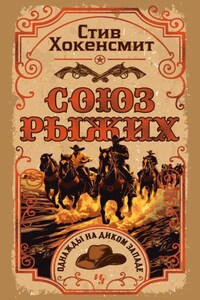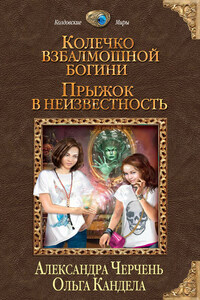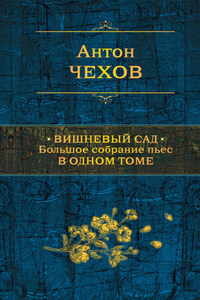William Bede O’Malley died in Fort Lauderdale, Florida, on 22 July 1974, aged 80. He left behind him an autobiography called, plainly, AN ADVENTURE; it ran to over 1500 pages of manuscript. He left no instructions as to whether he wished it to be submitted for publication. After much discussion his family offered it to me, a distant cousin, to use as I thought fit.
I decided to tell the story of what I think was one of the best of Bede O’Malley’s adventures and it was agreed that I could use excerpts from his manuscript. I wished to include them because I thought that, with some minor editing, they would give a sense of perspective to a story that took place when I was only three years old, a time of which my memory is, to say the least, hazy. The year 1920 is almost as remote as 1492 or 1066 to a lot of people today.
I found that certain incidents did not accord with historical fact in respect of time, but Bede O’Malley was writing without benefit of diary or notes and an old man’s memory does not always recognize the calendar. But it does not alter the truth of what he experienced.
He was an adventurer, a dying breed: but who of us does not still dream of being one?
1
‘So far I’ve shot only one man.’ Eve Tozer patted the gun-case beside her as if it were a vanity bag containing all she needed to face the men of the world. ‘Elephants are easier.’
‘Of course.’ Arthur Henty kept his eyebrows in place. ‘Did you kill the, er, man?’
‘One couldn’t miss at ten yards. He was a perfectly ugly Mexican who was trying to rape me.’
‘Ten yards? That was rather distant for rape, wasn’t it?’
‘He was trouserless. His intention was distinctly obvious, if you know what I mean.’
Henty hung on to his eyebrows from the inside, wondering if one could dislocate one’s forehead. He was a tall balding man in whom the bone was very evident, as if the skeleton had already decided to shrug off the flesh; but his eyes were bright blue, shrewd and amused, and he had no intention of stepping into an early grave. Not while women as attractive as Eve Tozer presented themselves to his gaze. Even if that was as far as the presentation of themselves went.
He had never met Bradley Tozer’s daughter until he had gone down to Tilbury this morning to escort her from the ship that had brought her from China. Several people in the Shanghai head office of Tozer Cathay Limited had written him that she was every inch her father’s daughter and now, with a glance at the gun-case on the seat of the car, he was prepared to believe they were right. He studied her, wondering what the perfectly ugly Mexican had thought of her as, trouserless and lance pointed, he had rushed towards her and the fate worse than he had anticipated.
Eve was staring out at London as it slid by outside the car and Henty looked at her closely, yet managed not to stare. It was a trick he had learned in ten years up-country in China, where the stranger’s gaze could never afford to be too frank. He saw a girl above average height with a figure that would attract men less violent and point-blank than the unfortunate Mexican. She was dressed in a beige silk travelling suit with tan stockings and shoes that, even to his inexpert eye, looked expensive and hand-made. The skirt, he noticed, was of the fashionable length, just below the knee; his wife Marjorie was always trying to educate him in such trivialities. But he also noticed that she was wearing her dark hair cut unfashionably short and there was a touch of rouge on her cheeks, something that Marjorie would have labelled as ‘fast’.
‘It is six years since I was last in London.’ Eve looked out the window of the Rolls-Royce as they drove along the Embankment. Grey skies and a thin muslin drizzle of rain had not kept the August Bank Holiday crowd at home; the English, she guessed, were as dogged about their pleasures as they had been about winning the war. England was still settling uneasily into the new peace; during last year’s summer holidays, she had read in The Times, there had still been a disbelief that the long agony was really over. This long holiday weekend, however, the citizens were determined to enjoy themselves, come what may. Buses, bright in their new postwar paint, rolled by; on their open top decks passengers sat beneath their umbrellas, teeth bared in resolute smiles. Excursion boats went up and down the Thames, their passengers bellowing ‘Knees Up, Mother Brown’ as they went past the Mother of Parliaments. A newspaper poster said, Woolley: Duck, and Eve wondered at the strangeness of the English language as spoken in England.
‘What’s a woolly duck?’
Henty frowned in puzzlement, looked back, then laughed. ‘That’s Frank Woolley, one of our more famous cricketers. He scored a duck. Nil runs.’











